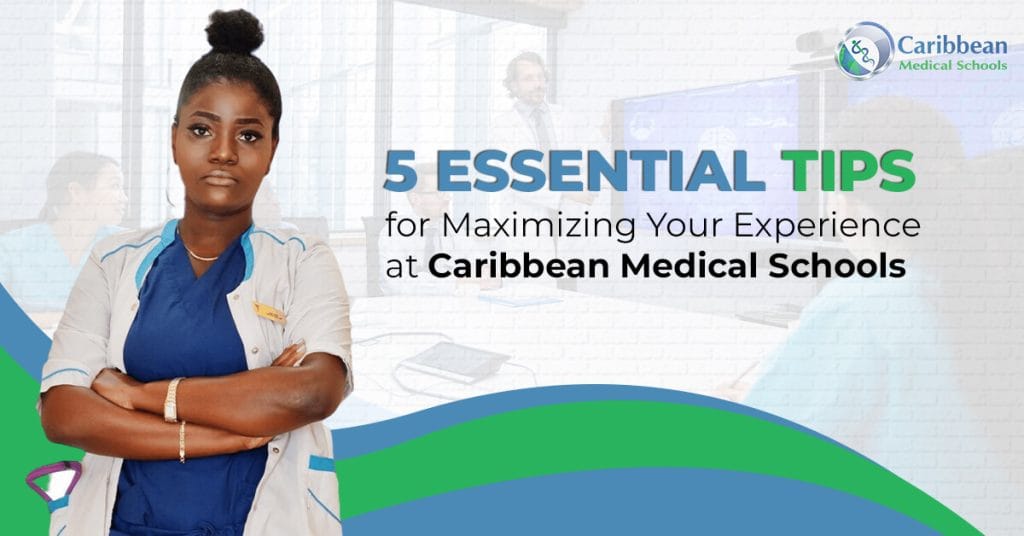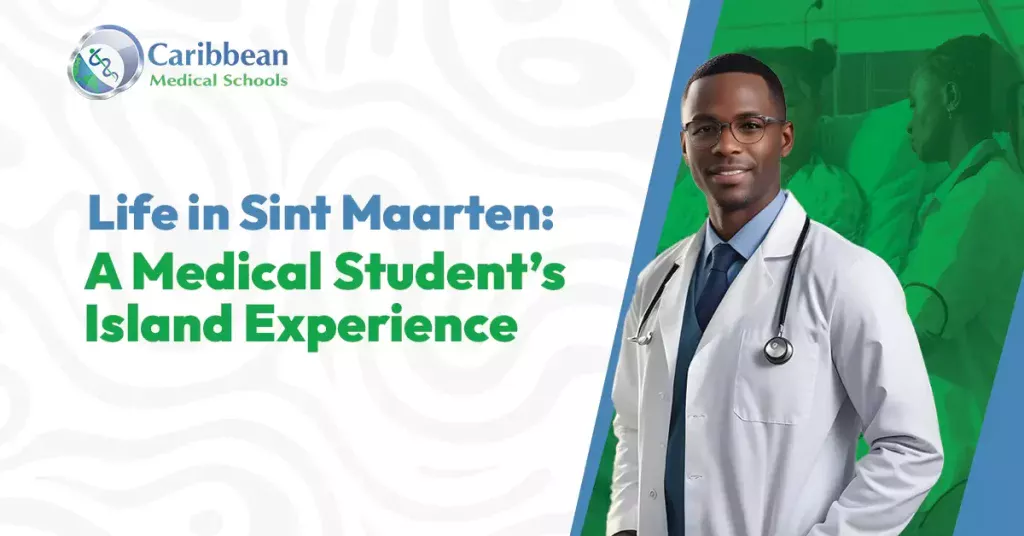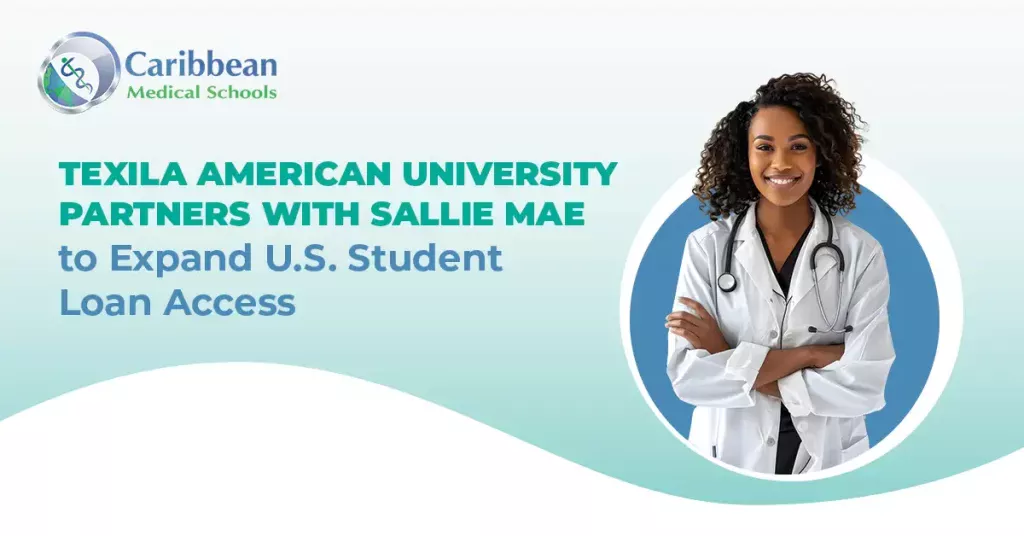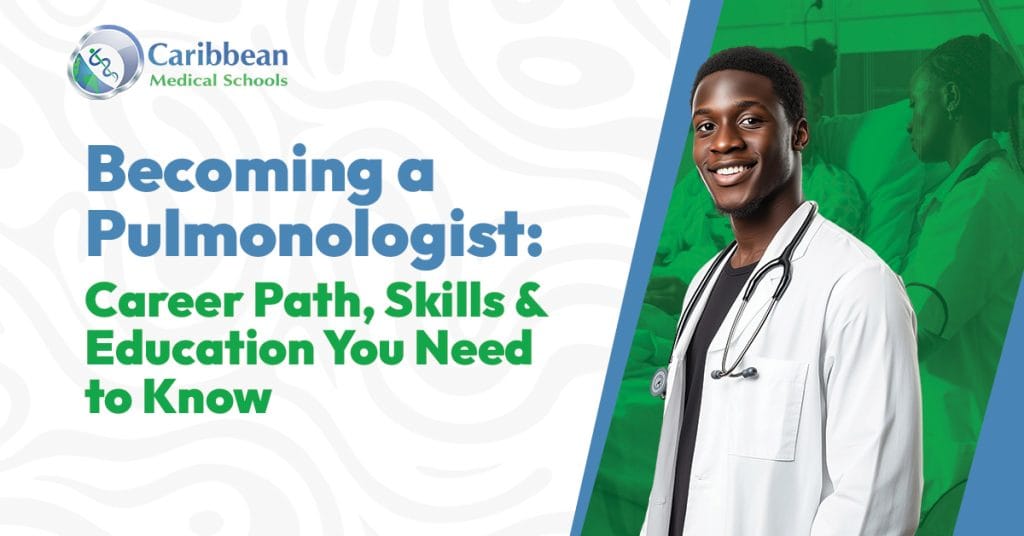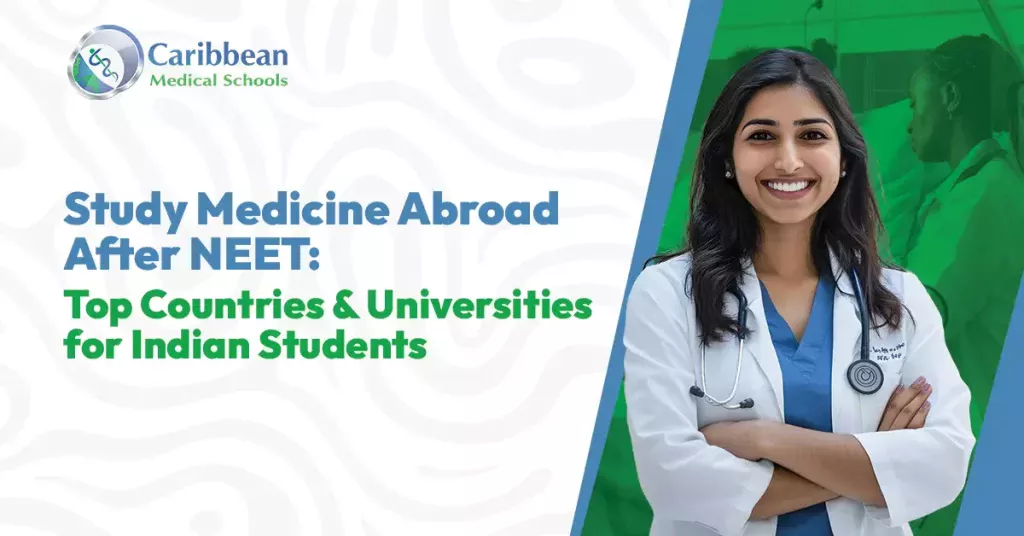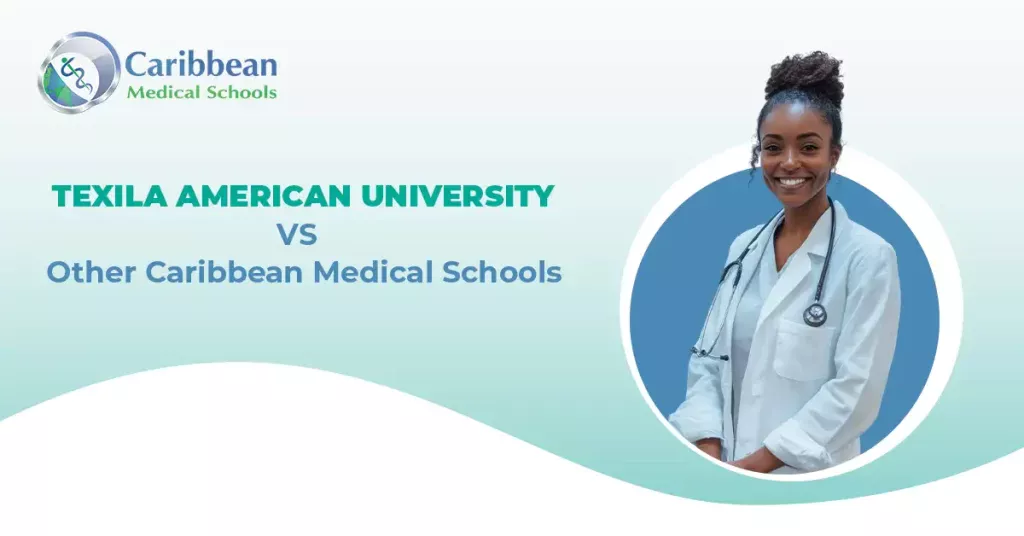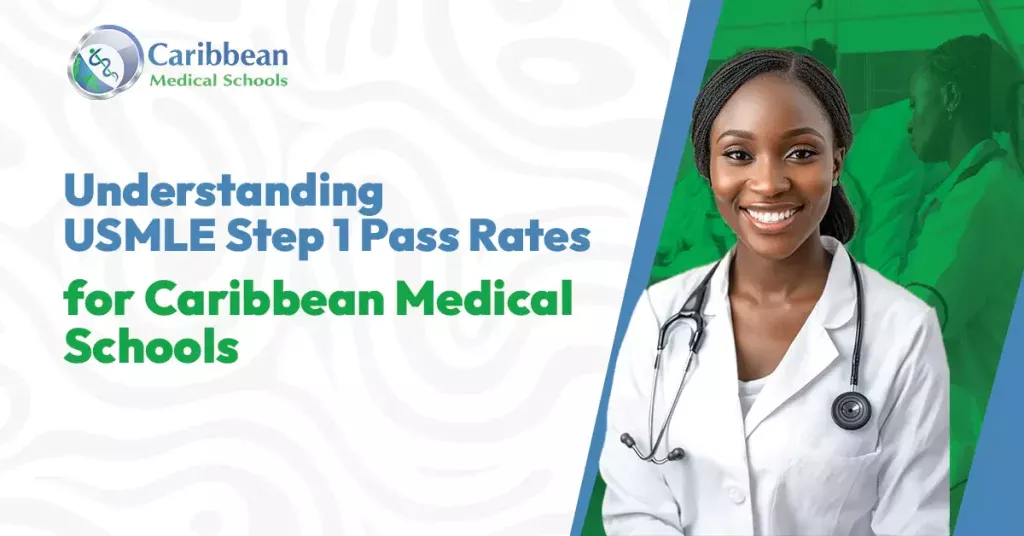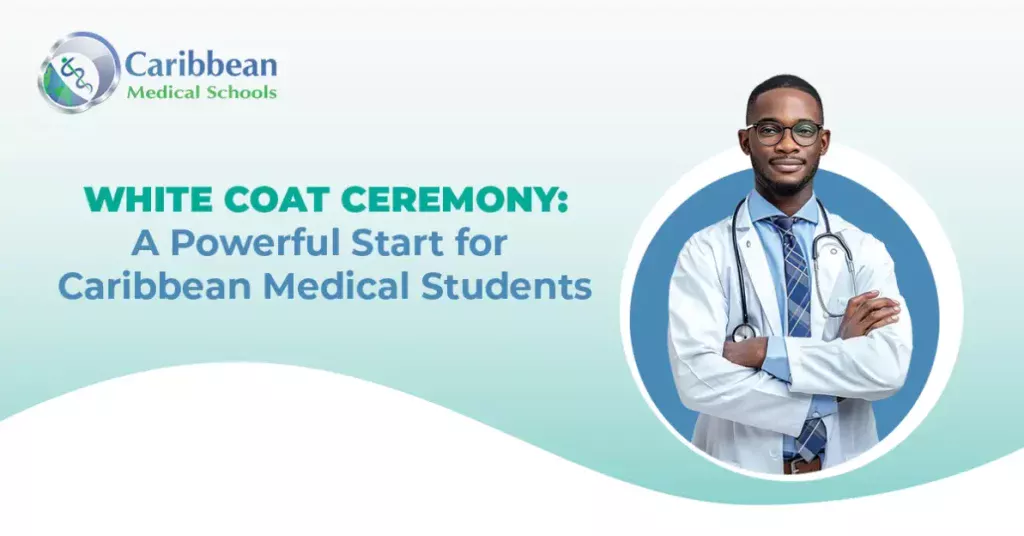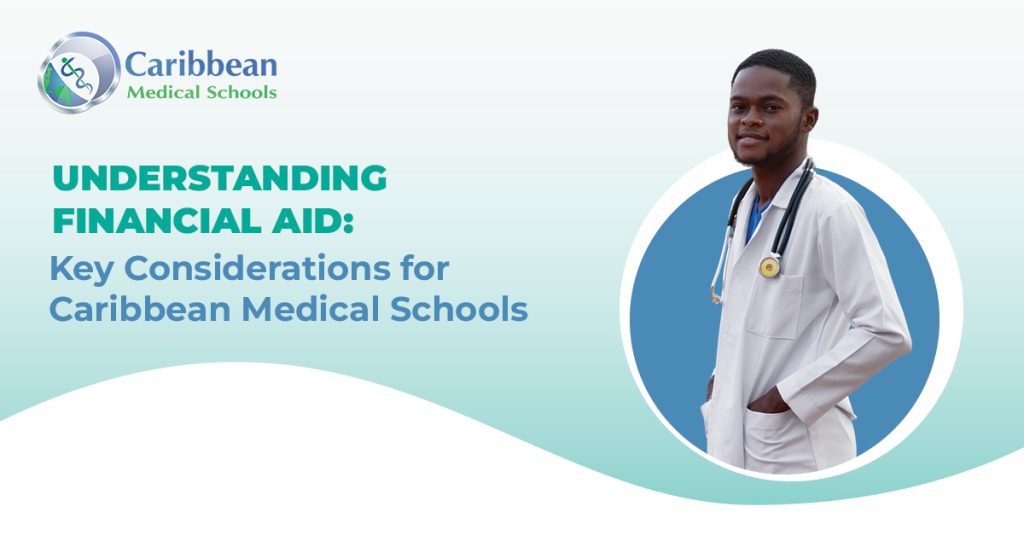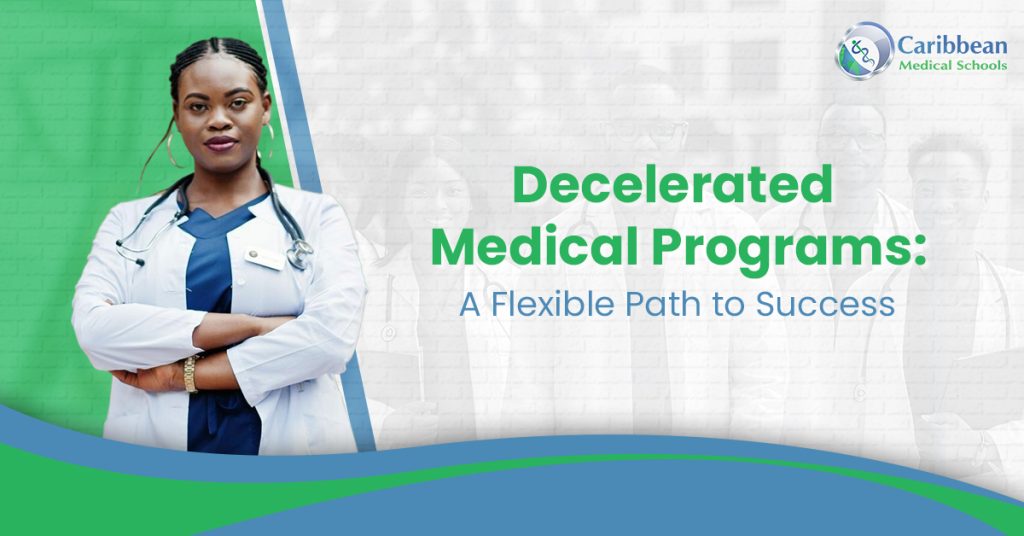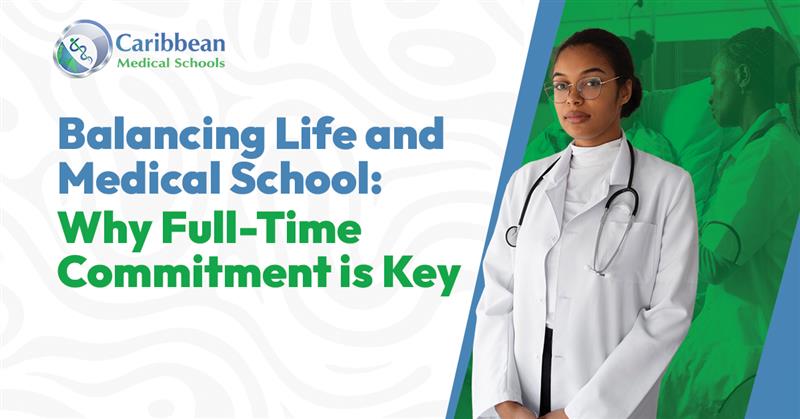Blog Summary
Embarking on a medical education journey in the Caribbean opens doors to distinctive possibilities and hurdles. Our all-inclusive guide is tailored to aid aspiring medical students in smoothly navigating the intricacies of Caribbean medical schools. It offers a treasure trove of insights and strategies guaranteeing a prosperous and gratifying academic expedition. When considering Caribbean medical schools, students find themselves in a unique position. This guide acknowledges the extraordinary prospects these institutions offer, along with the challenges they present. By delving into this resource, prospective medical students will understand what to expect from their Caribbean educational experience.
Introduction
Seeking a path in medicine is both honorable and deeply satisfying. For countless hopeful doctors, enrolling in medical school is the pivotal route to attaining this ambition. While traditional medical schools are the first choice for many, Caribbean medical schools have gained popularity as an alternative pathway to becoming a physician. With their unique advantages and challenges, Best Caribbean Medical Schools offer a distinctive learning experience. This extensive manual will delve into five essential pointers crucial for excelling in Caribbean medical schools, offering insights into frequently raised inquiries.
Research and Choose the Right School
Selecting the appropriate Caribbean Islands Medical School is a pivotal undertaking that can shape your future medical career. In this process, it is imperative to assess various factors to ensure a well-rounded educational experience meticulously. Opting for accredited institutions from
internationally recognized accrediting bodies is a paramount criterion. Accreditation not only signifies adherence to high academic standards but also facilitates global recognition of your qualifications.
Delving into the school’s reputation is another vital facet. Investigate its history, track record, and success rates of previous graduates. An institution with a strong reputation often translates into a robust curriculum, experienced faculty, and comprehensive student support systems. Speaking of faculty, scrutinizing their qualifications is essential. Accomplished and knowledgeable instructors can significantly impact your learning journey.

Embrace a Proactive Study Strategy
Adopting a proactive approach to studying is essential to excel within the rigorous curriculum of Caribbean medical schools. Central to this plan is incorporating regular review sessions, which reinforce learned material and enhance long-term retention. Active learning techniques should be embraced, encouraging students to engage with the material actively rather than passively absorbing it. It might involve summarizing concepts in one’s own words, participating in discussions, or teaching concepts to peers. Such strategies have been proven to deepen understanding and boost information recall.
Time management emerges as a critical aspect of this proactive approach. Creating a structured schedule that allocates sufficient time to each subject while accounting for breaks is pivotal. This not only optimizes productivity but also prevents burnout. Seeking additional support through study groups or tutoring can clarify complex topics and offer diverse perspectives if required.
Adapt to a New Environment
Relocating to a foreign country and immersing yourself in a different culture signifies life’s exhilarating yet demanding phase. Approaching this experience with an open mindset entails wholeheartedly embracing the local customs, forging new friendships, and delving into the unfamiliar milieu surrounding you. In this transformative journey, it is imperative to cultivate a network of support with students who can empathize with the distinctive hurdles you may encounter.
Adapting to a fresh cultural context offers many opportunities for personal growth and enrichment. Engaging deeply with the customs and traditions of your new home can lead to a broader understanding of the world and your perspectives. Establishing connections with individuals from diverse backgrounds allows for meaningful friendships. It nurtures an inclusive worldview, fostering mutual learning and respect.
Excel in Clinical Rotations
Excelling in medical clinical rotation for IMGs within Caribbean medical schools presents a remarkable chance to acquire practical skills and establish valuable networks. Infuse your rotations with a blend of enthusiasm, professionalism, and a genuine eagerness to acquire knowledge. This proactive approach sets the stage for a rich learning experience and opens doors to extensive networking prospects.
Cultivating robust connections with mentors and attending physicians can significantly shape your medical education and future career trajectory. Their seasoned insights and guidance can provide unparalleled perspectives beyond textbooks and classroom learning. These relationships can become invaluable sources of knowledge and support, enhancing your clinical skills and opening doors to future professional collaborations.
Prepare for Licensing Exams and Residency
Upon the culmination of your medical studies, success in the licensing examinations becomes paramount for practicing medicine within your chosen nation. Thorough research into the exact prerequisites is essential, enabling meticulous preparation ahead of time. Notably, a selection of Caribbean medical schools provides supplementary resources to aid students in their exam readiness.
The significance of excelling in the licensing examinations cannot be overstated, as it serves as the gateway to your medical practice aspirations. Each country has its own set of requisites for medical licensure, necessitating comprehensive comprehension and dedicated preparation to ensure success.
The list of Medical Universities in Caribbean stands out by offering supplementary support to prospective doctors aiming to excel in their licensing exams. Through workshops, study materials, and specialized guidance, these institutions acknowledge the significance of these assessments and proactively aid students in conquering them.
Conclusion
Thriving in Caribbean medical schools requires dedication, resilience, and a proactive approach. By choosing the right school, adapting to a new environment, excelling in clinical rotations, and preparing for licensing exams and residency, you can set yourself up for success. While challenges may arise, they can be overcome with determination and the right strategies. Remember, your journey through a Caribbean medical school is just the beginning of a rewarding medical career.

